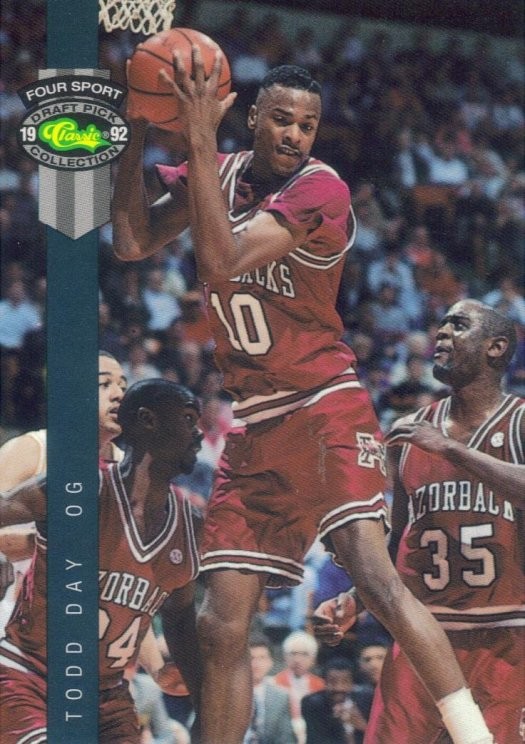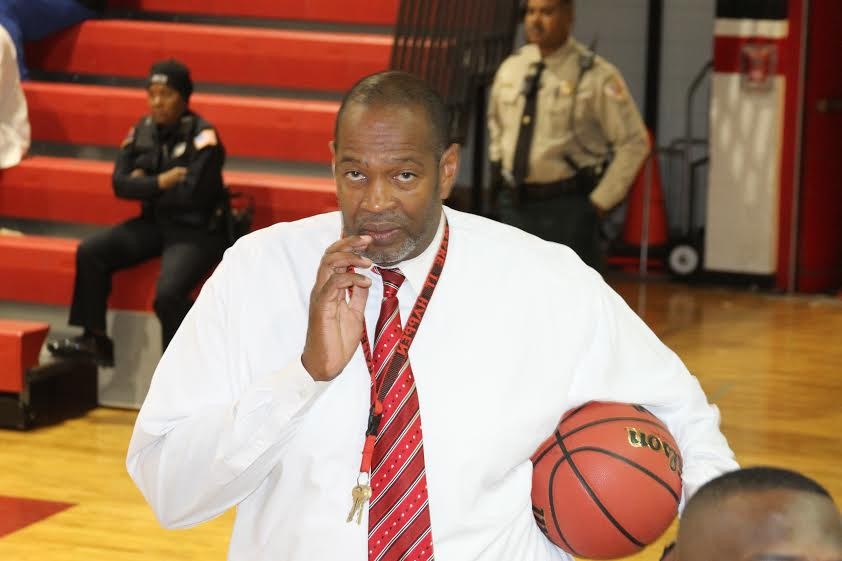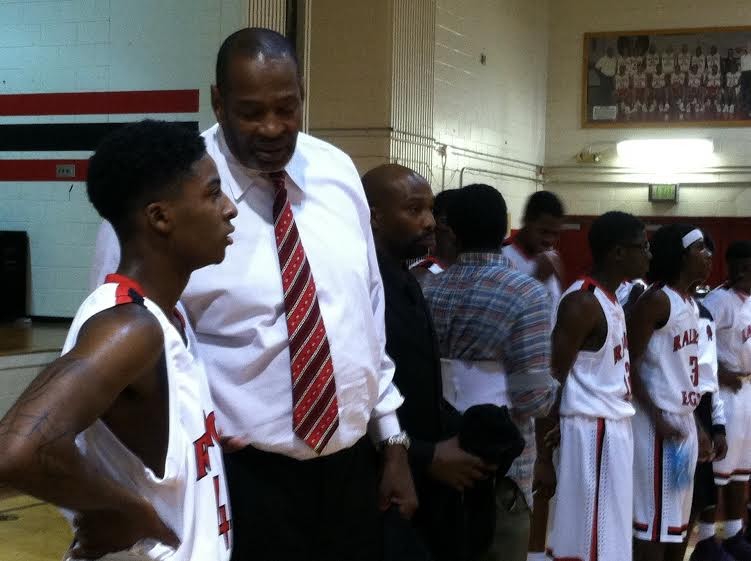When Faragi Phillips took over the Mitchell High School boys’ basketball head coaching position in 2011, one of his first calls was to former Mitchell player and Memphis Tigers icon Andre Turner. He wanted to know if Turner had any interest in joining his coaching staff as a lead assistant.
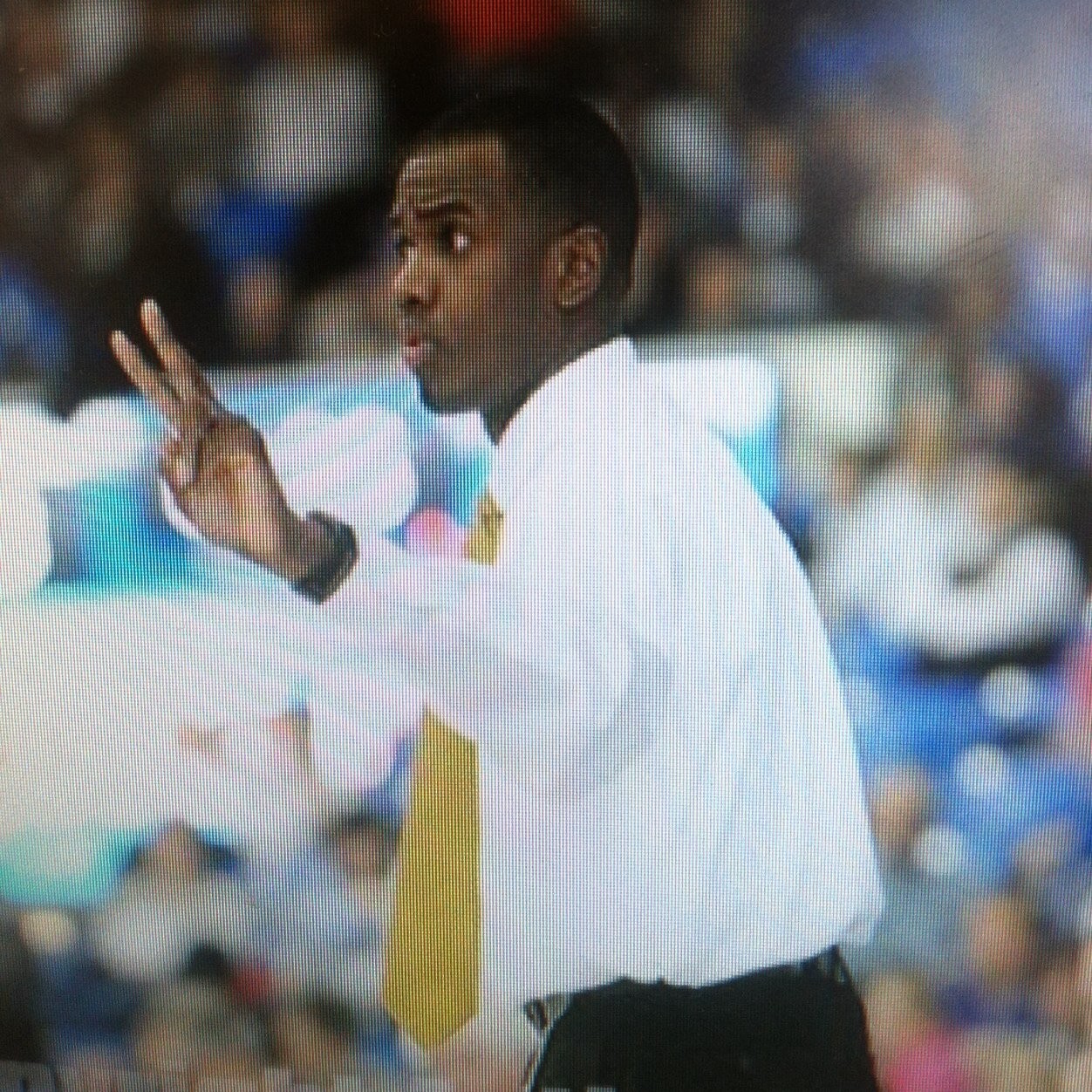
Turner was being pursued by other Memphis area high schools for head coaching jobs. But those schools were lacking something in comparison. “I couldn’t see myself coaching somewhere else while my picture is all over (Mitchell’s gymnasium),” said Turner. “It just wouldn’t have felt right.”
Together, in four years, Phillips and Turner helped guide the Tigers to back-to-back state runner-up finishes followed by back-to-back state titles the past two seasons. Yet there will not be a three-peat, at least not for Phillips, who officially resigned Monday morning.
“I’ve accomplished pretty much all I can accomplish here,” said Phillips. “I don’t want to over-extend my time. We’ve reached the pinnacle here.”
Phillips, who delivered Mitchell the schools’ only state titles, will be a man without a home, at least for now. Although he submitted his letter of resignation Monday morning, Phillips has yet to decide where his next destination will be.
“My goal is to get to the next level,” he said. For Phillips, that’s joining the college ranks. He’s been a head coach for the past eight years, four at Mitchell and four at Ridgeway Middle before that. He says he has no problem being a college assistant if a head coaching job on the collegiate ranks does not materialize.
“I think after being a head coach you can understand the importance of being a good assistant,” he said. “You know the qualities your head coach is looking for.”
Although he would be willing to relocate for a chance to join a college team, Phillips said he would not be as willing to do the same if he were to take another high school coaching job. “It would have to be something really remarkable for me to leave Memphis. My family loves it here.”
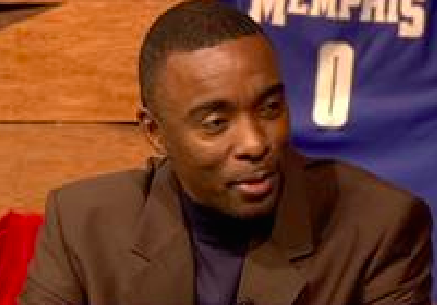
The blow of losing Phillips could be softened if Turner is willing to replace him. Mitchell’s administration has already reached out to Turner to gauge his interest. Turner admits he’s interested, but undecided because of the timing. “If it’s feasible I will certainly consider it,” he said. “What I love about Mitchell is that its family oriented atmosphere. I love the togetherness.”
For Turner to accept the position, if it is offered, he would have to resign from his other job with Shelby County Schools. Turner has served as the Operation Specialist with the Career Technical program for the past six years.
But for Turner it’s also about what’s right for the student athletes. “I don’t want to cheat the kids,” he said. “Being a coach at Mitchell requires a lot of time and dedication. And you have to be willing to do that.”
Whoever takes over the job is in for a rebuilding process. Four of the teams’ five starters from this past season are seniors.
Both Phillips and Turner are proud of what the team accomplished on the court, and said they are just as enthused about what the players have done in the classroom. Mitchell’s boys’ basketball team has a 3.4 collective grade-point-average. Five of their outgoing seniors will attend college next season. Class 1A TSSAA State Tournament MVP, Jeremiah Martin, will sign with Memphis Wednesday. Phillips’ son, Kylan Phillips, along with Devonte Shipp, and Lorenzo Hunt will sign with Mississippi Valley State. Vintavious Coppage will join them on an academic scholarship.
But the biggest lost could be Coach Phillips, who was charged with rebuilding the program when he was hired four years ago. “I’m going to miss here,” said Phillips. “I will forever be a (Mitchell) Tiger.”
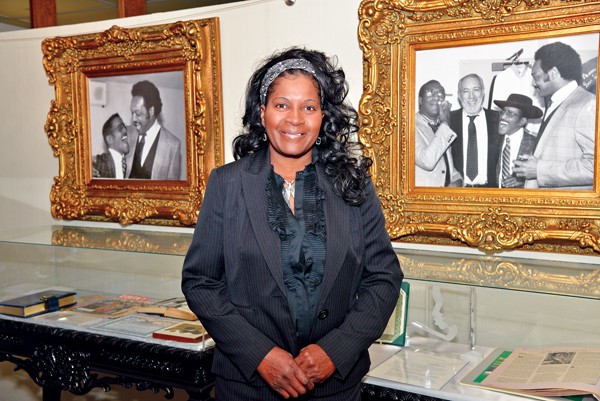 Larry Kuzniewski
Larry Kuzniewski 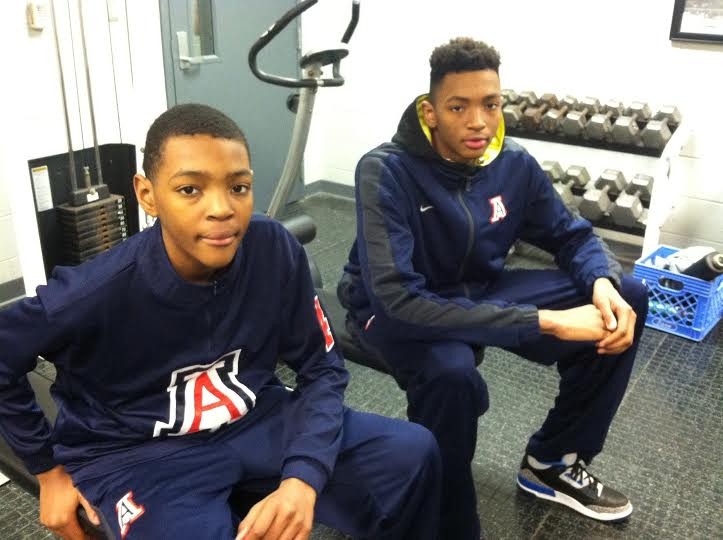

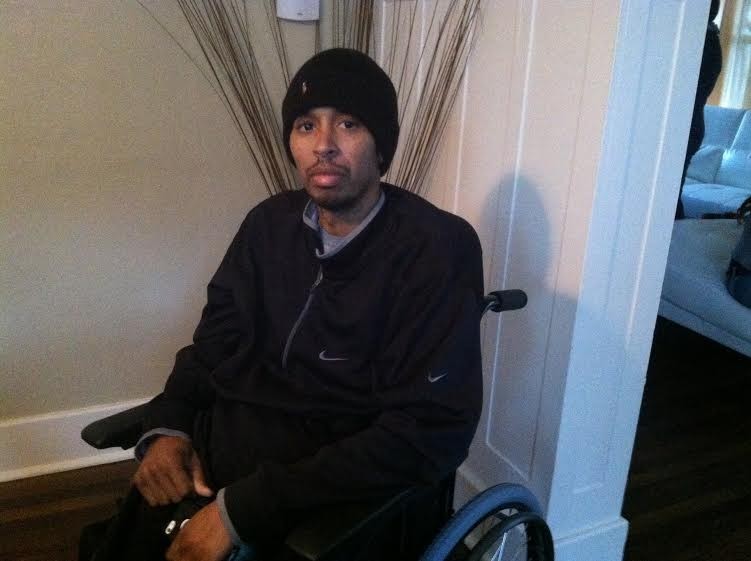
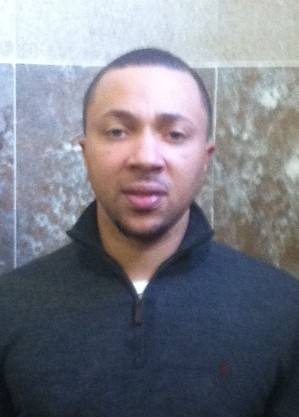



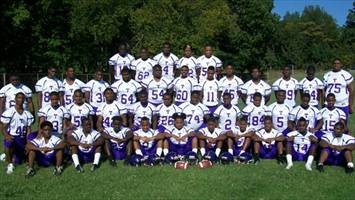
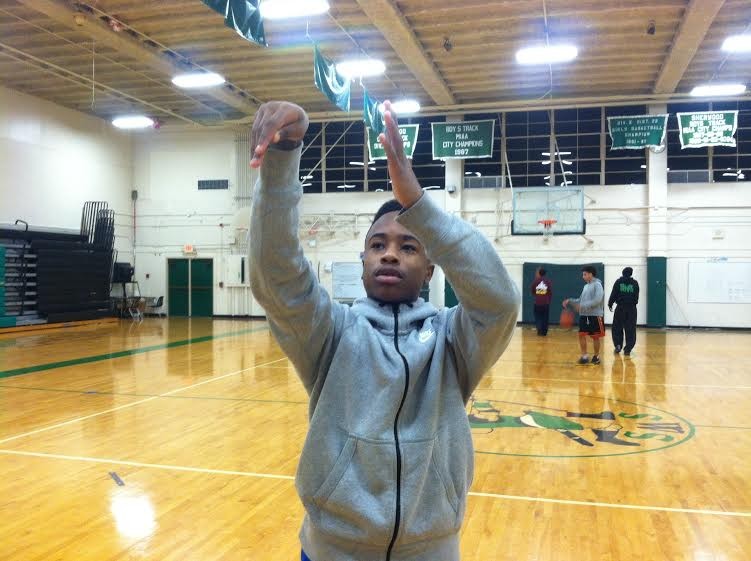
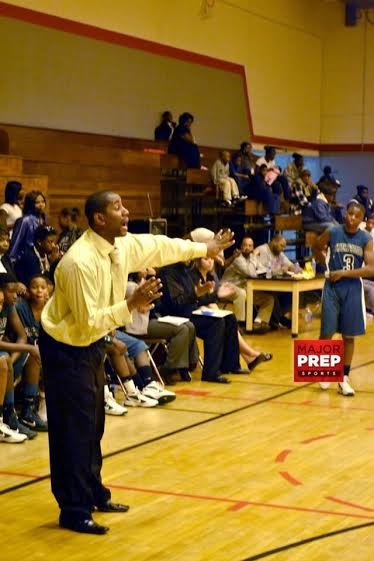
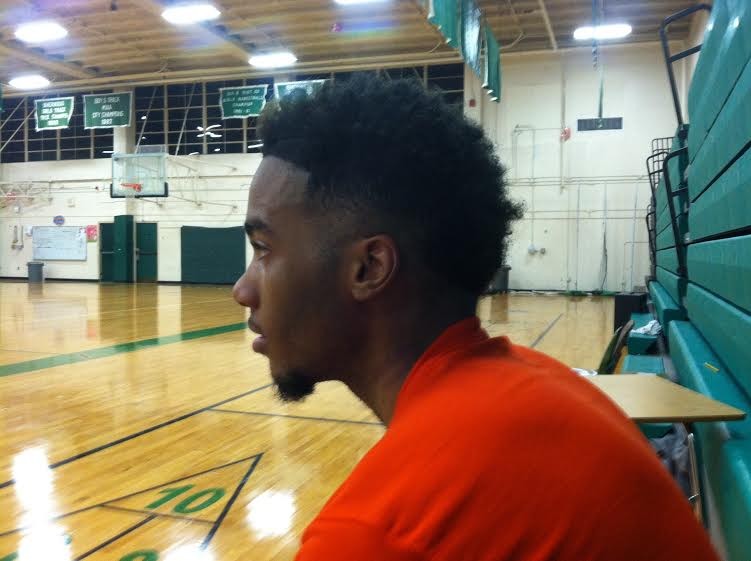
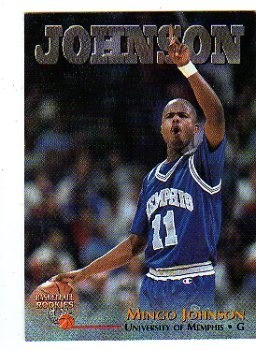
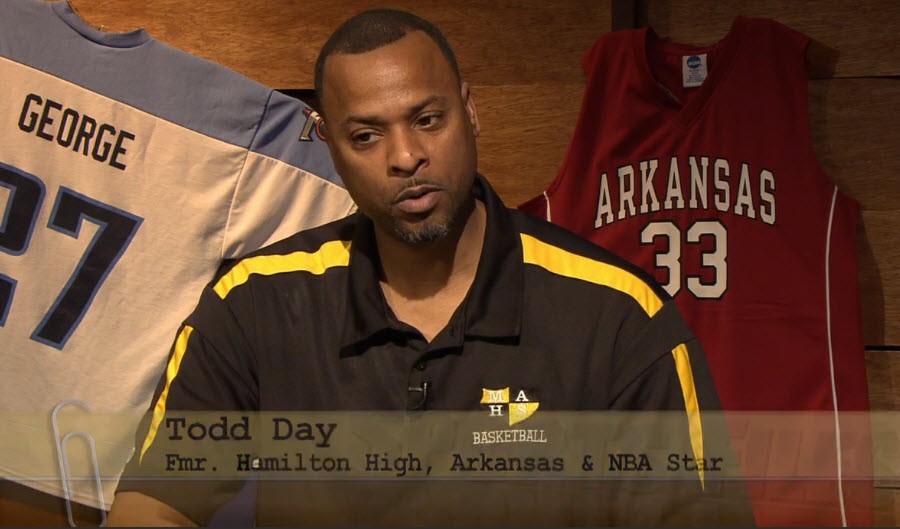 WKNO
WKNO 